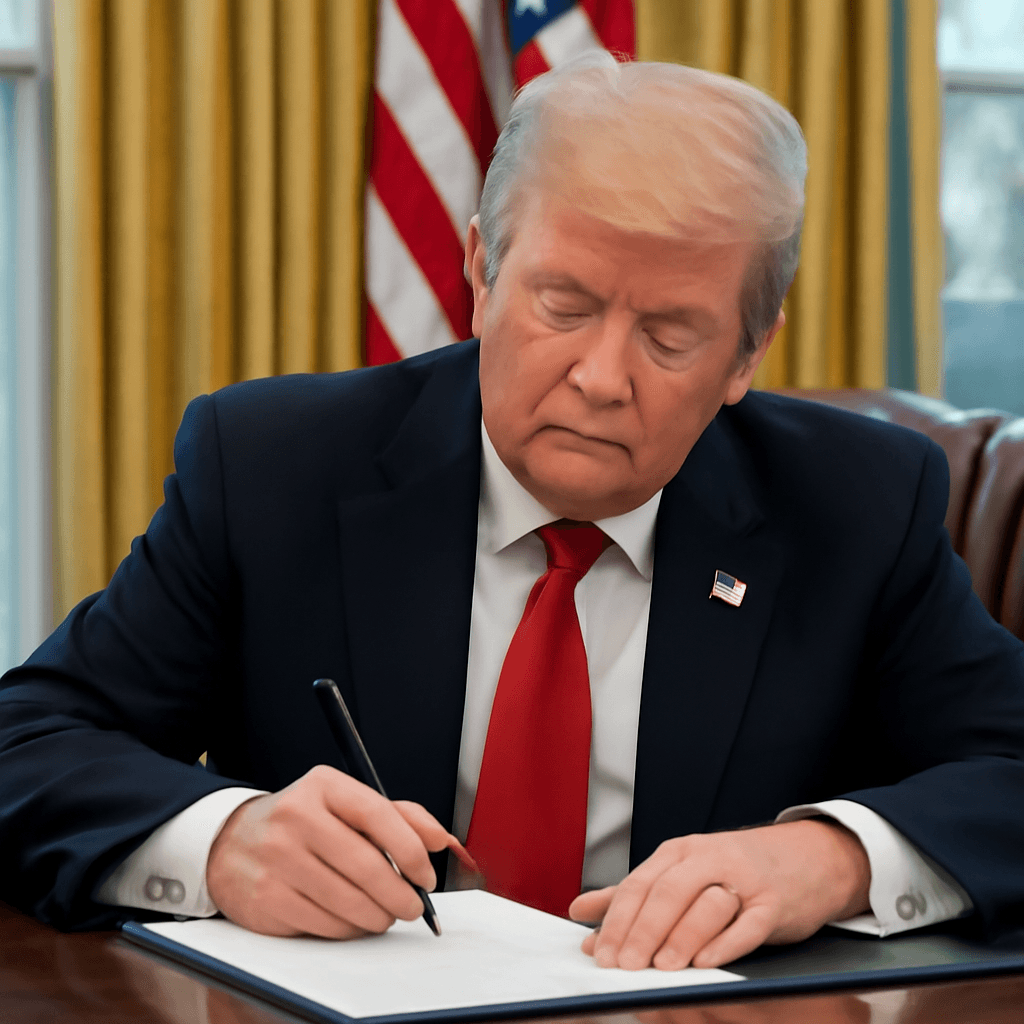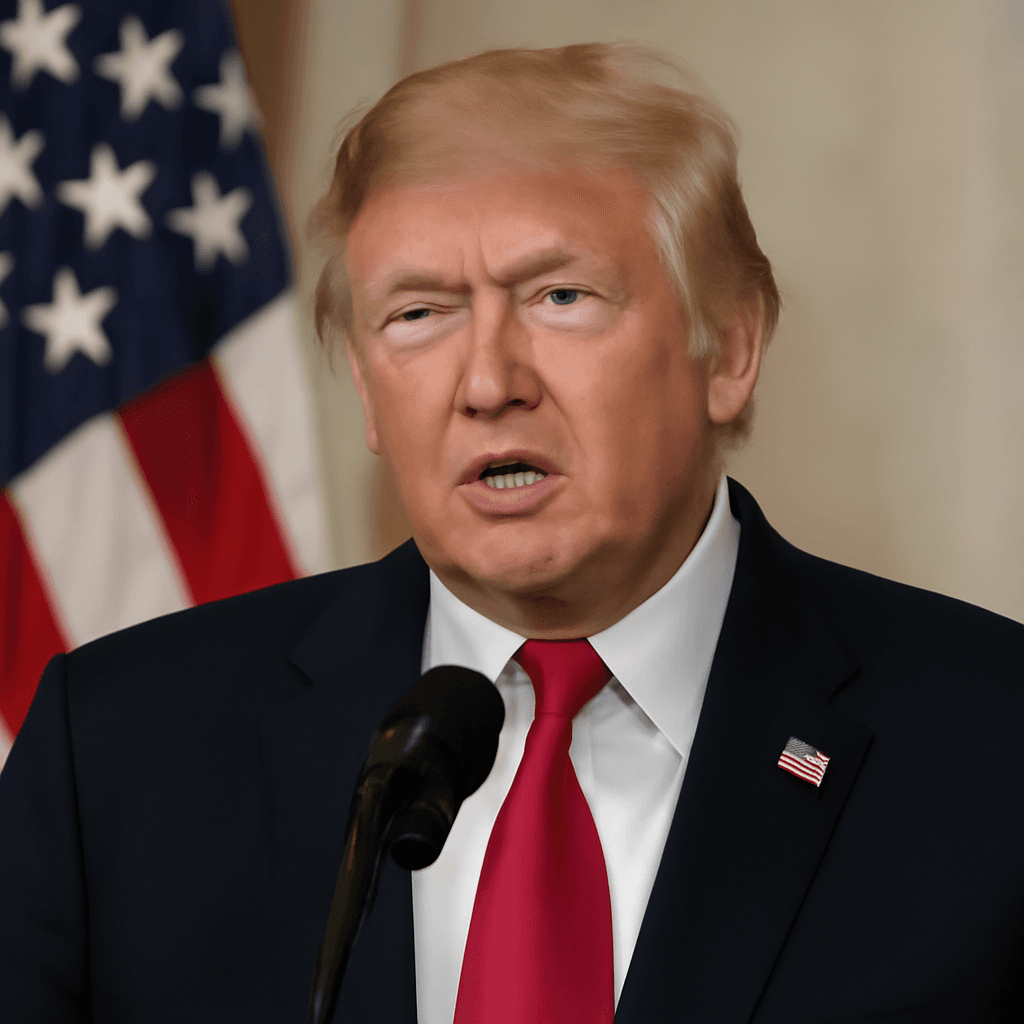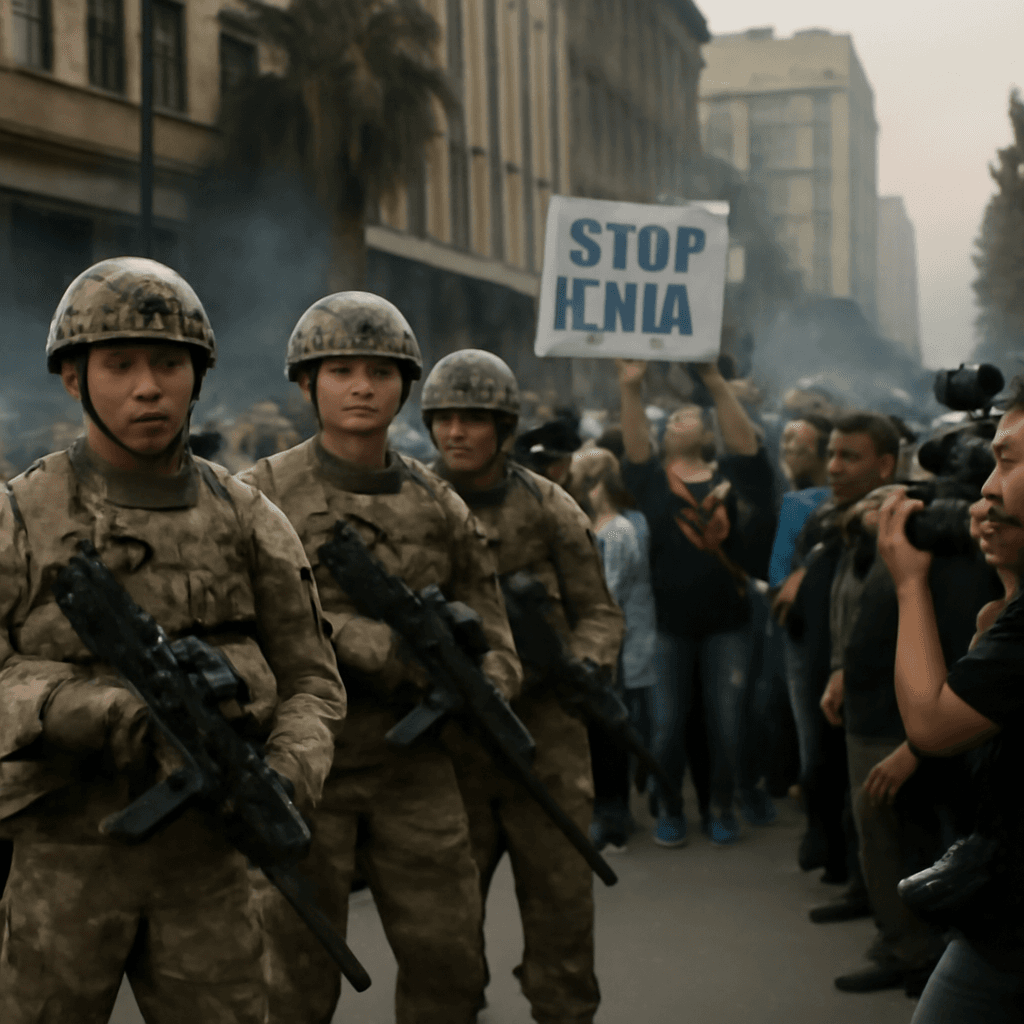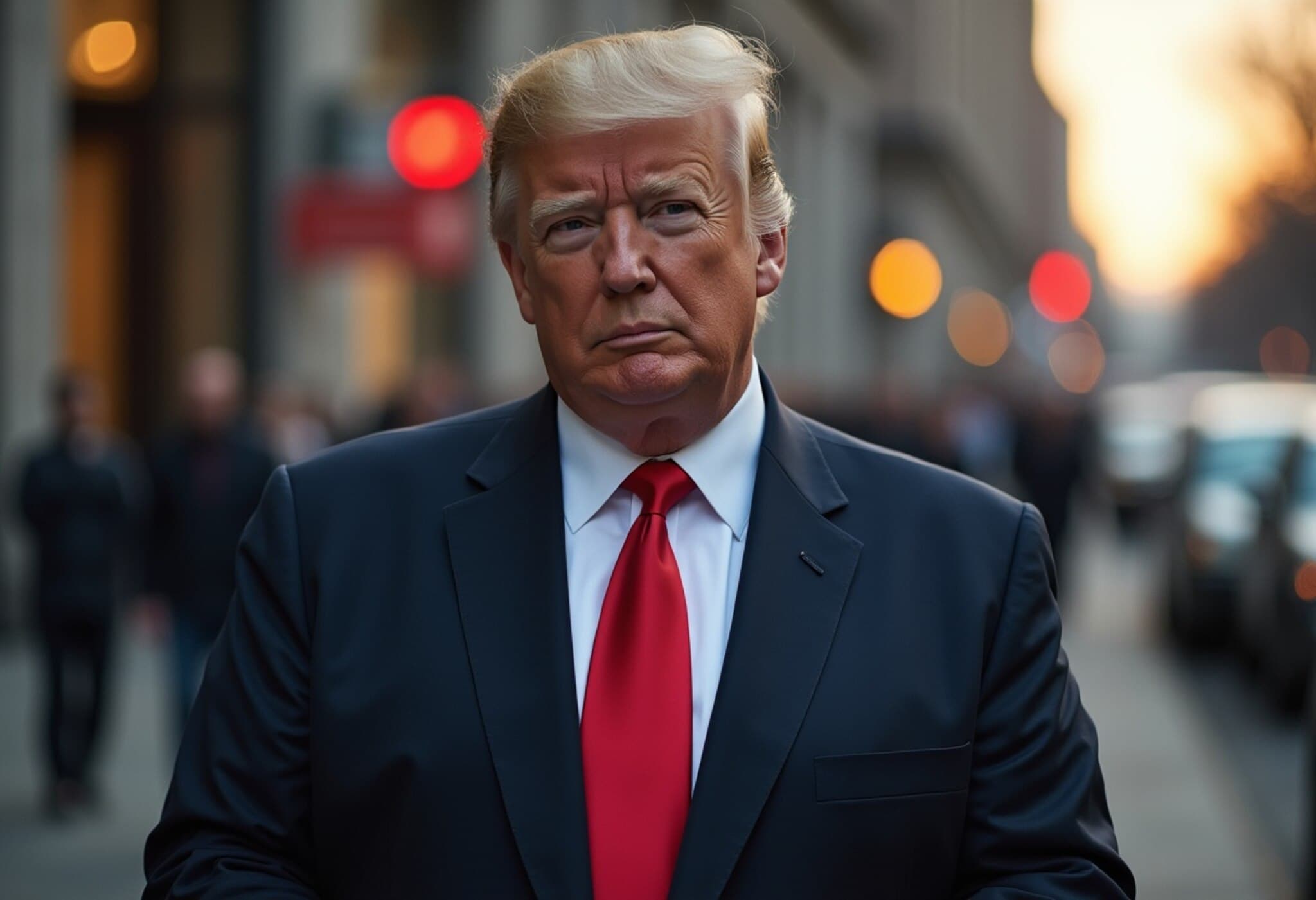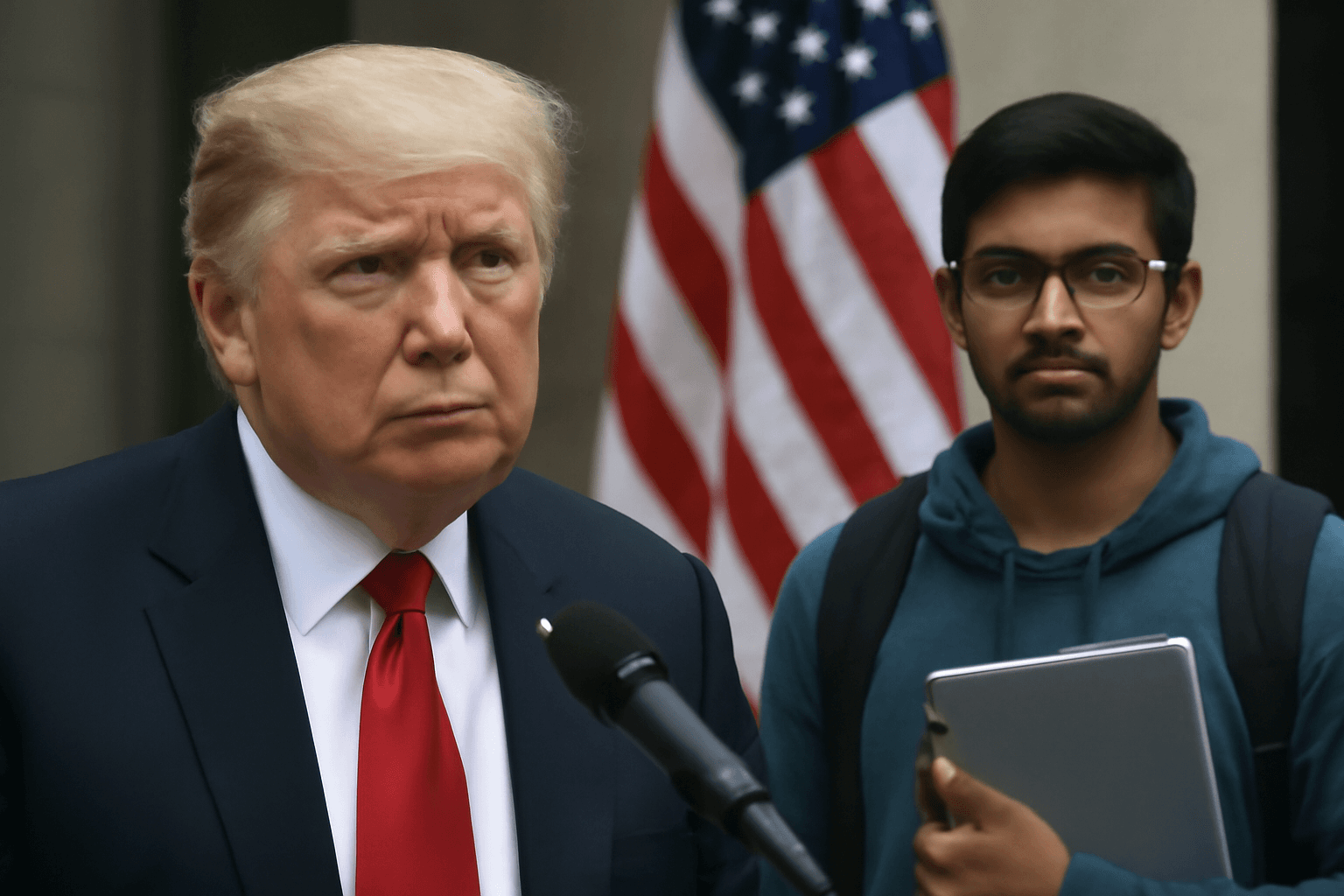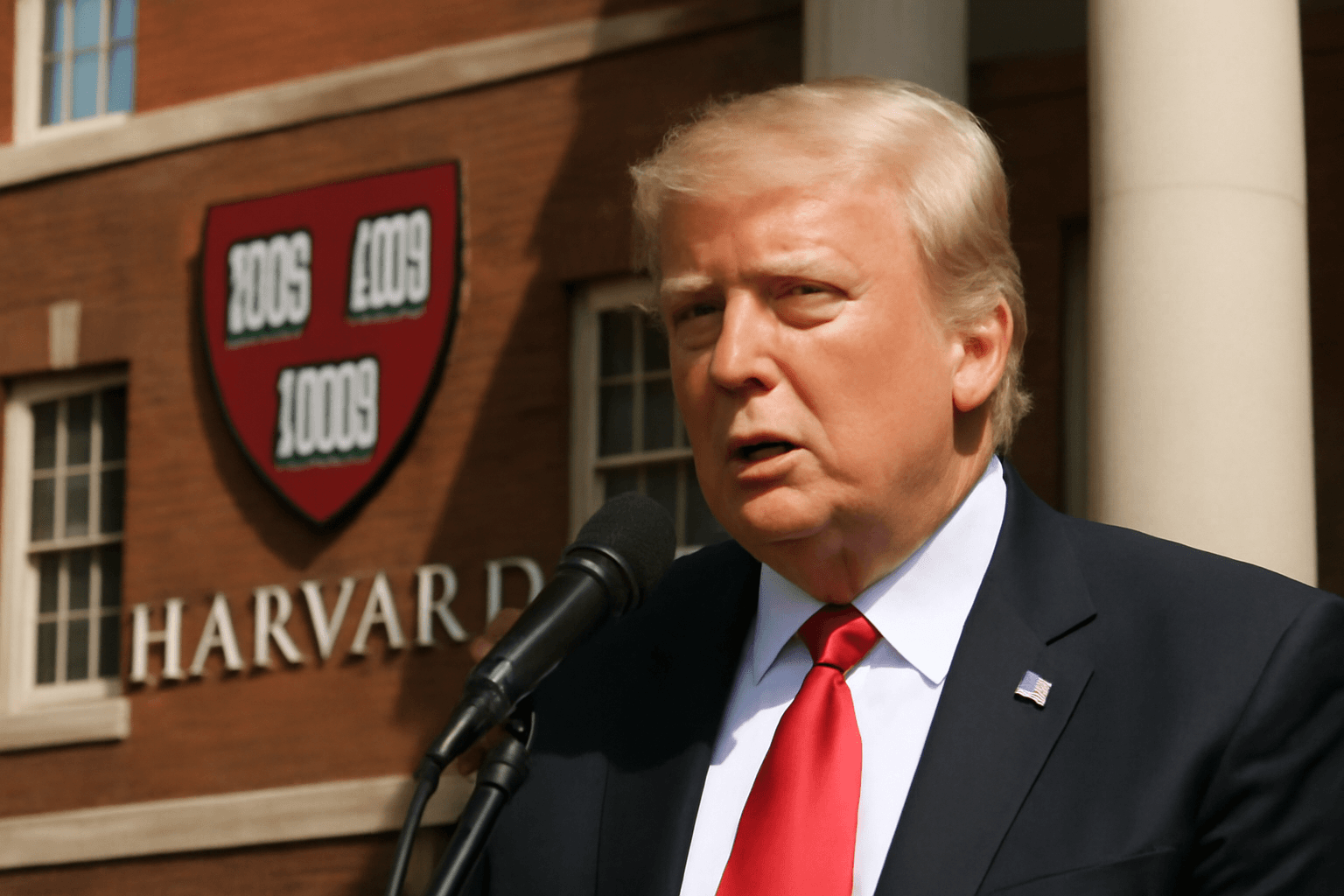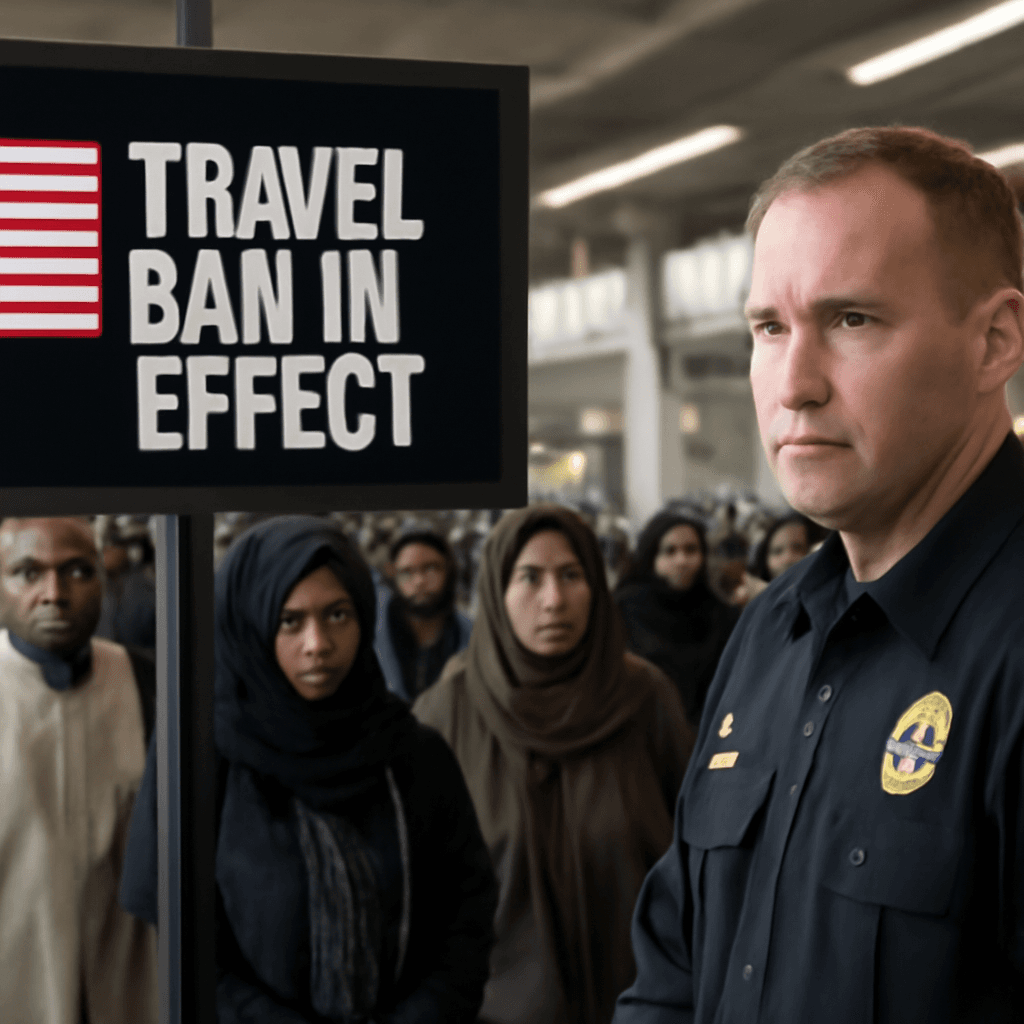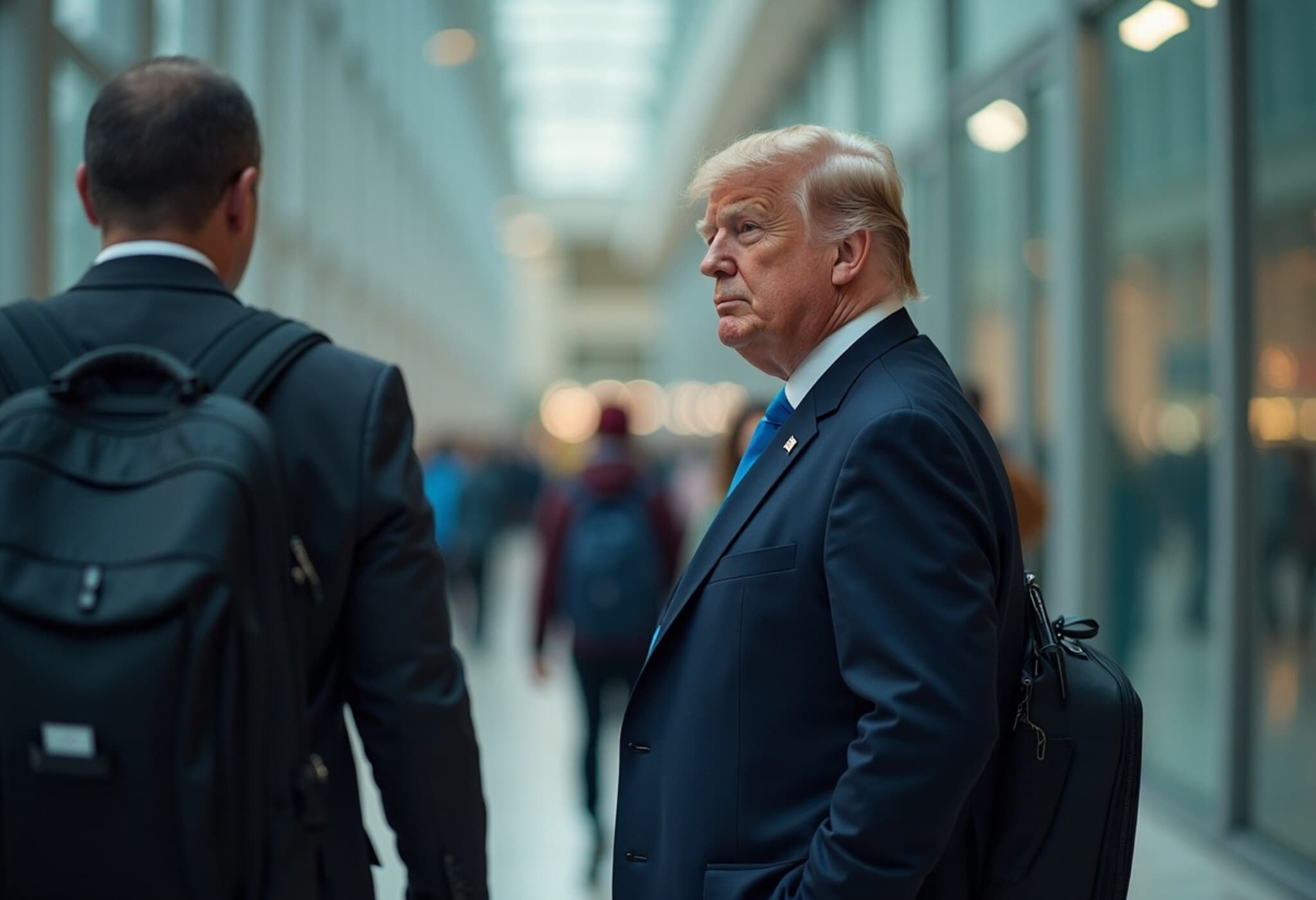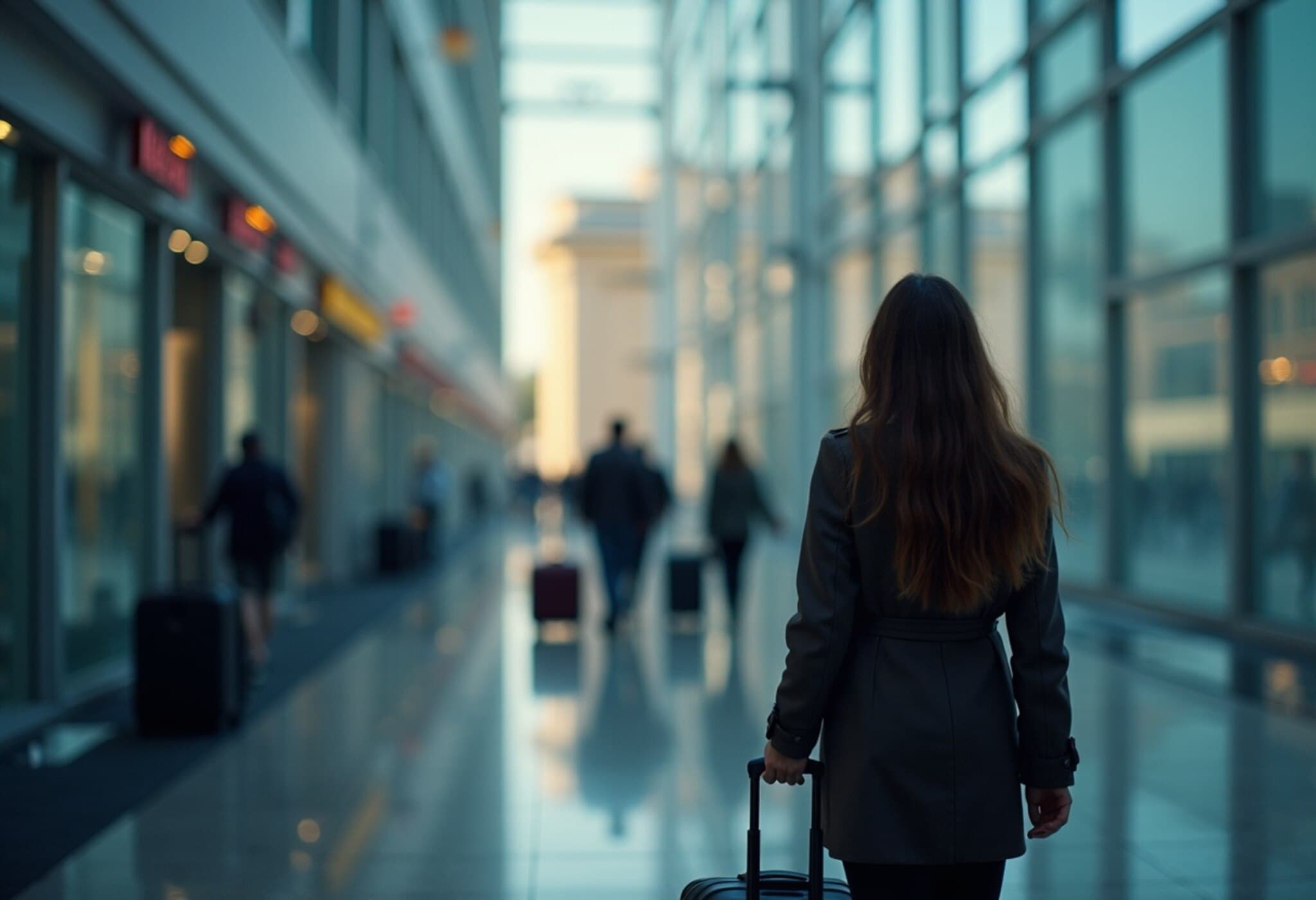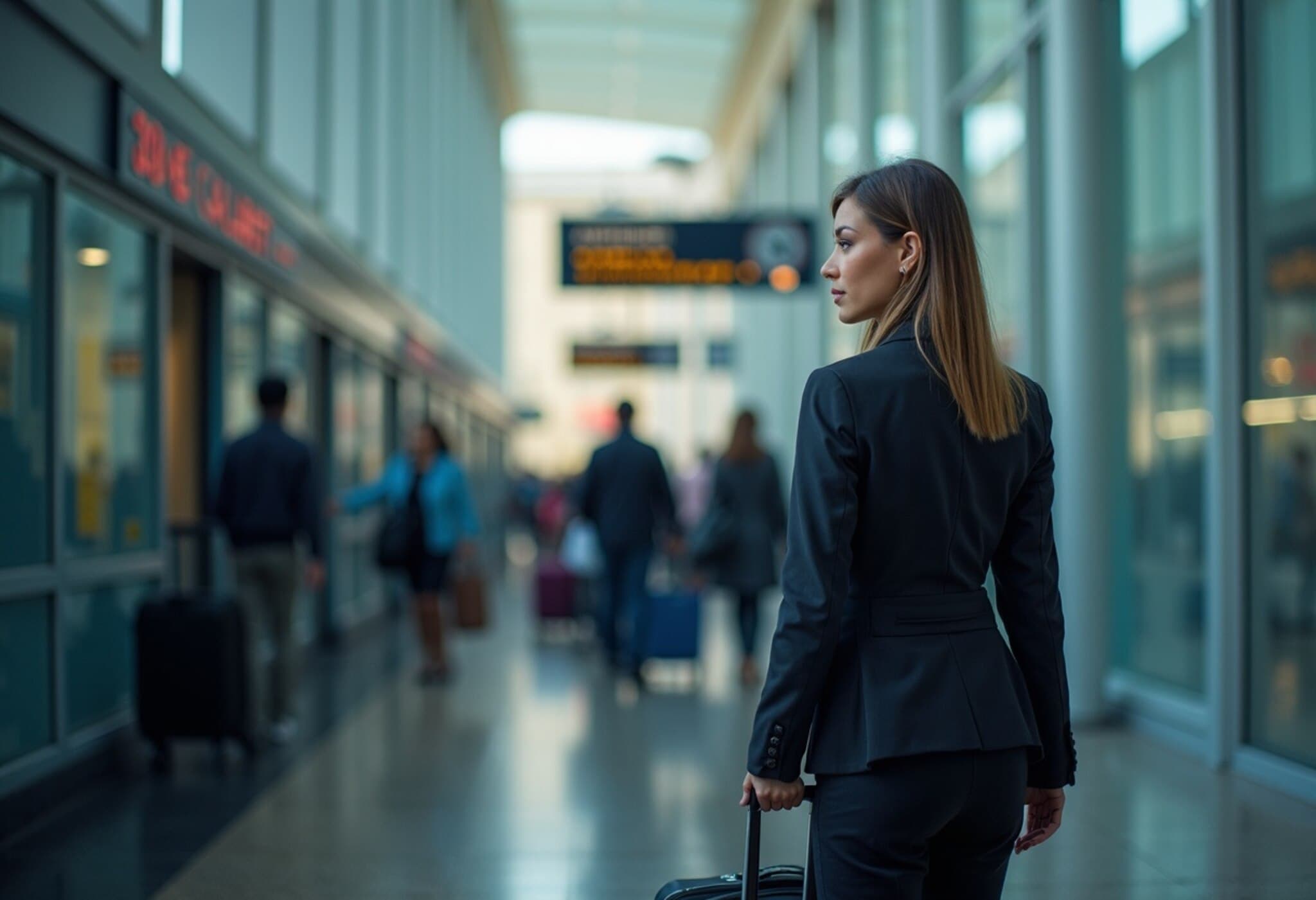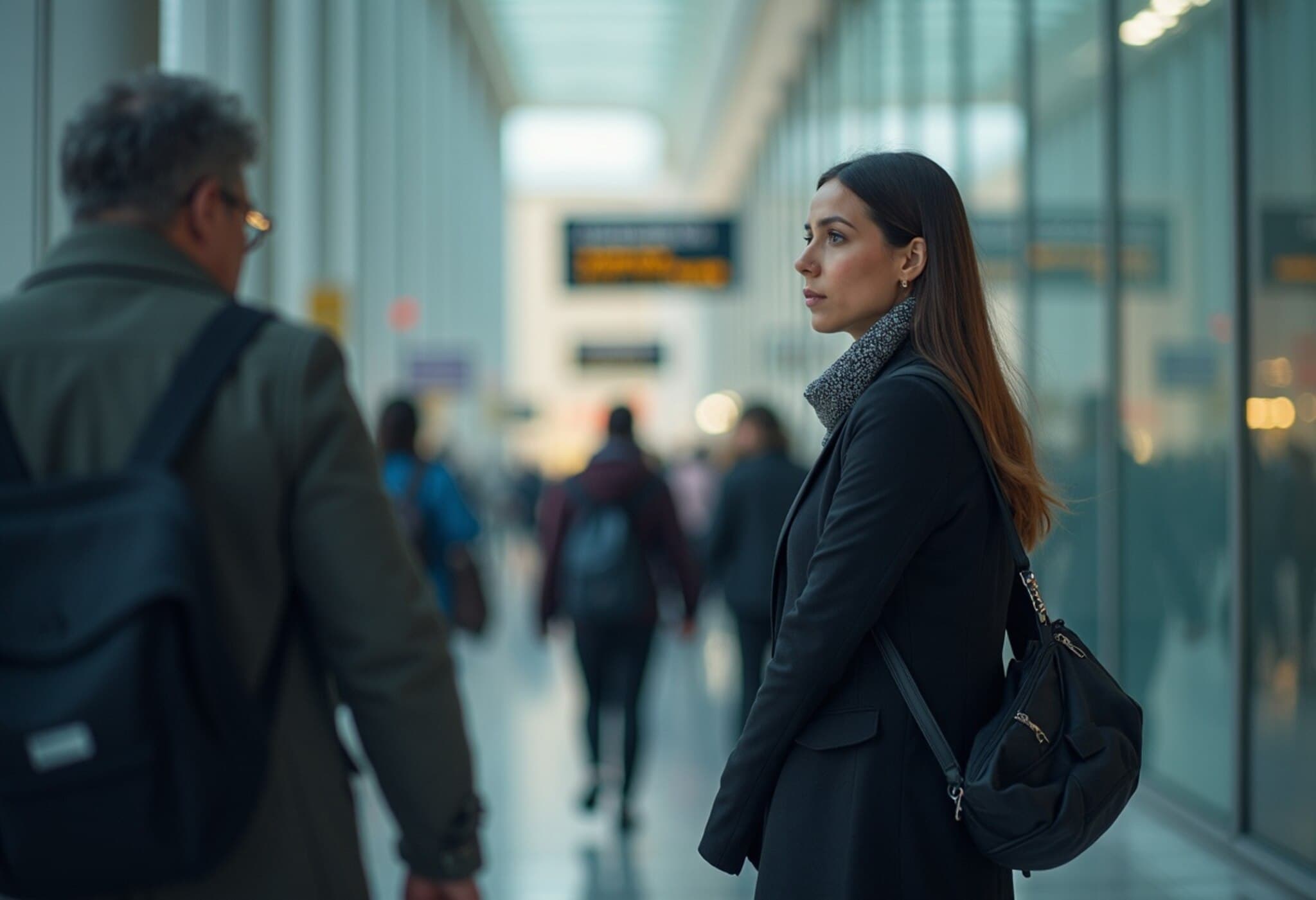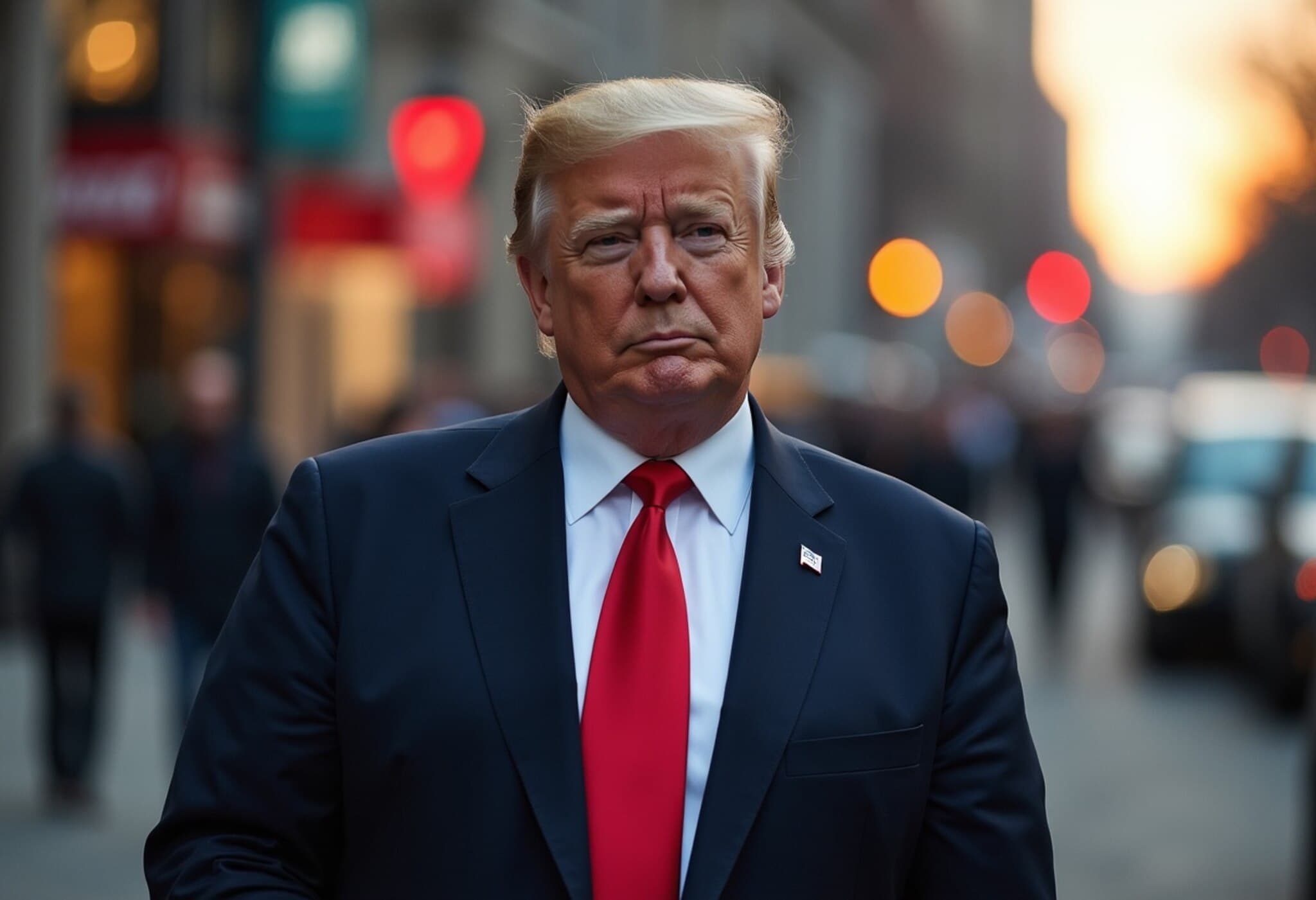Trump's Updated Travel Ban Takes Effect Amid Heightened Immigration Debate
Starting Monday, a fresh travel ban signed by President Trump will bar nationals from 12 predominantly African and Middle Eastern nations from entering the United States. This move intensifies an already heated climate surrounding immigration enforcement under the current administration.
Countries Included and Restrictions Imposed
The proclamation covers citizens from Afghanistan, Myanmar, Chad, the Republic of Congo, Equatorial Guinea, Eritrea, Haiti, Iran, Libya, Somalia, Sudan, and Yemen. In addition, individuals from Burundi, Cuba, Laos, Sierra Leone, Togo, Turkmenistan, and Venezuela currently abroad, without valid visas, will face heightened restrictions.
Importantly, the ban does not invalidate existing visas from these countries. Guidance issued to U.S. diplomatic missions clarifies that travelers holding valid visas will still be permitted entry unless their application requires renewal after Monday and doesn't meet narrowly defined exemption criteria.
Voices from the Ground: Personal Impact of the Ban
At Newark Airport, Haitian-American Elvanise Louis-Juste, 23, who was preparing to fly to Florida, expressed deep concern over the ban’s impact on Haitians seeking refuge from turmoil in their homeland. "I have family in Haiti, so it's pretty upsetting to see and hear," she said. "I don’t think it’s a good thing. I think it’s very upsetting." This sentiment echoes among many who view the policy as not just restrictive but harsh toward vulnerable populations.
Legal and Strategic Underpinnings of the Ban
Legal analysts suggest this iteration of the ban aims to withstand judicial scrutiny better than its predecessor by targeting visa issuance processes and emphasizing national security. Unlike the initial emergency executive order during the president’s first term—largely targeting Muslim-majority countries—this version is crafted with precise statutory language and country selection.
President Trump justified the ban in a social media video, highlighting perceived risks tied to "terrorism-related" and "public safety" concerns, as well as problems with visa overstays. The administration references a Homeland Security report on overstays among tourists, students, and business travelers, pinpointing nations with high rates of visa violations.
The Boulder Attack and Its Controversial Connection
In linking the ban to the recent mass shooting in Boulder, Colorado, Trump underscored alleged dangers from visitors who overstay visas. The attacker, an Egyptian national not included on the banned list, reportedly entered on a tourist visa and remained unlawfully. This link is used to reinforce the administration’s stance on tightening entry requirements.
Criticism and International Backlash
The ban has swiftly drawn criticism from refugee advocacy groups and international observers. Oxfam America's president labeled the policy a divisive act that unfairly stigmatizes communities seeking safety and opportunity.
Meanwhile, Venezuela’s government condemned the measure as a deliberate campaign of stigmatization against its citizens, reflecting broader geopolitical tensions in U.S.-Latin America relations.
Looking Ahead
As the travel ban takes effect, its implications for immigration, national security, and international diplomacy remain complex and controversial. For many, the balance between security and humanitarian concerns continues to spark intense debate across the nation.

